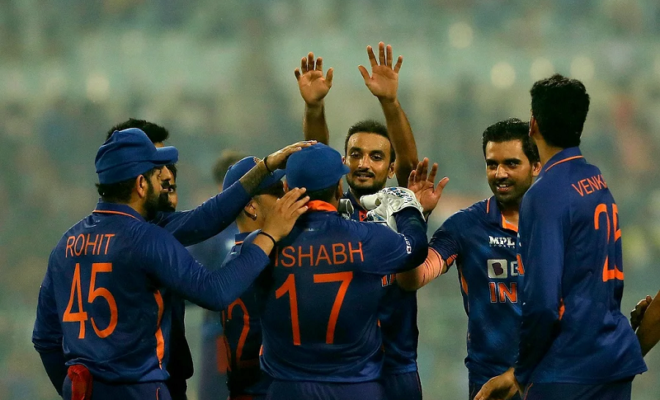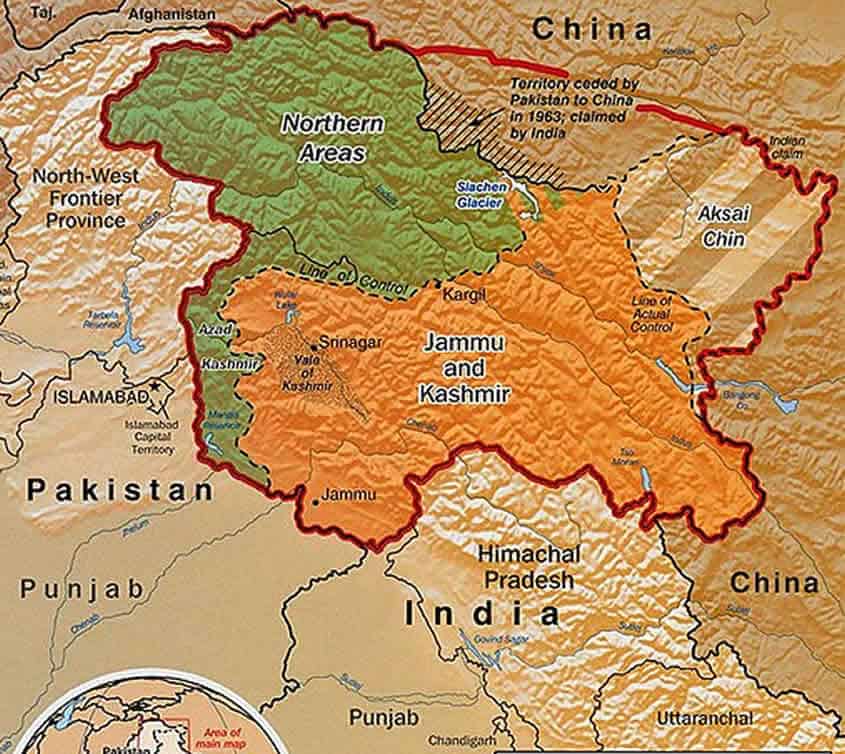Netizen’s Question BCCI, Why Team India’s New Diet Plan Includes Only Halal Meat, No Pork or Beef

The Indian men’s cricket team management (BCCI) new dietary decision for the first Test match against New Zealand in Kanpur has irked netizens. Fans scrutinize the new nutritional plan, which includes only ‘Halal’ meat to be served as part of the menu and catering prerequisites for the Men in Blue.
The dietary plan excludes beef or pork, and the consumption for the Team India players is also restricted. “No beef or pork is allowed in any form and variety. All meat served should be Halal meat,” is marked important as part of the catering necessities, BCCI stated.
Prominently, every time an Indian cricket team ventures abroad or a foreign team arrives in India, a specific dietary plan is shared, and most of the time, even insignificant international games, the menu has instructions for Halal meat.
Related Posts
Netizens have raised questions on social media concerning how the board can confine players from inclining toward their protein choice decision during the Test series against New Zealand, beginning November 25.
Netizens also ask why not jhatka meat? Many stated that India is a secular country then why promote Halal meat? Some questioned why is BCCI imposing its choice on the players as they have a right to make their own choice.
However, according to March 27, 2012 article on “Science of Meat‘ in TOI, which addressed a somewhat similar discussion in the UK Parliament on the preference of halal and jhatka meat, many members preferred jhatka over halal.
Moreover, Dr. V.K. Modi Head of Dept of Meat Technology at the CFTRI, Mysore, told to TOI, that “the halal technique is effective in emptying all the blood of the butchered animal, whereas in Jhatka method blood clotting risks are much higher”.
“Jhatka could spoil the non-veg if kept uncooked for a couple of days, while the halal technique provides meat that stays more delicate and fresher for a longer time”, Dr. V.K. Modi stated.
Related Posts
According to some dietary experts, for meat to be delicate and succulent, the pH level in the meat should preferably be 5.4 after its butchered. Animals that struggle during the jhatka technique prompt usage of stored energy that raises the pH levels to 7, while in halal, the struggle is way less by at least 20 %, TOI detailed.
Meanwhile, there has always been religious or health-related speculations about the over-consumption of both jhatka and halal meat. However, the main question is why BCCI has imposed their choice on the Men in Blue, which has hurt many netizens’ religious and fundamental sentiments within the nation. However, despite the rising criticism and speculation, we do not know the exact reason behind such a decision by BCCI as they haven’t come out with an official explanation for this.
Meanwhile, the New Zealand cricket crew has also conveyed its dietary plan during the Kanpur Test. The management of the Black Caps team has pitched both white meat and red meat choice for the players.
“The food ought to contain reasonable measures of carb and protein and lower measures of fat to guarantee players get all the energy supplements needed for their preparation and competitions. The recipes should have plenty of flavors and be just about as fresh as possible,” the New Zealand diet plan states.
BJP representative and lawyer Gaurav Goel urged immediate retraction of the recommendation. In a video posted on Twitter, Goel stated that the men in blue can consume whatever they desire but who has given BCCI the liberty to introduce ‘halal’ meat. This is unlawful, and we will not tolerate this.”



